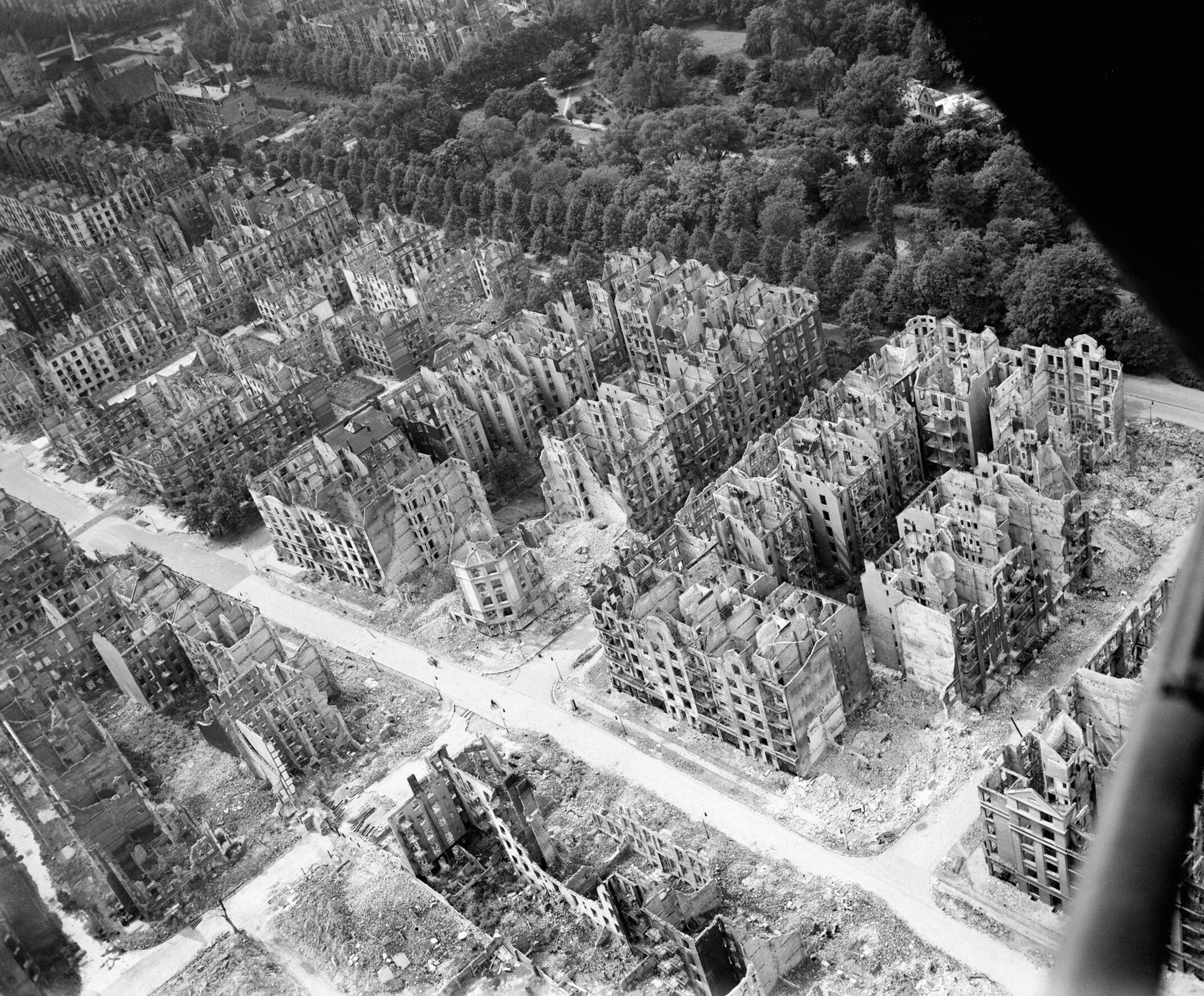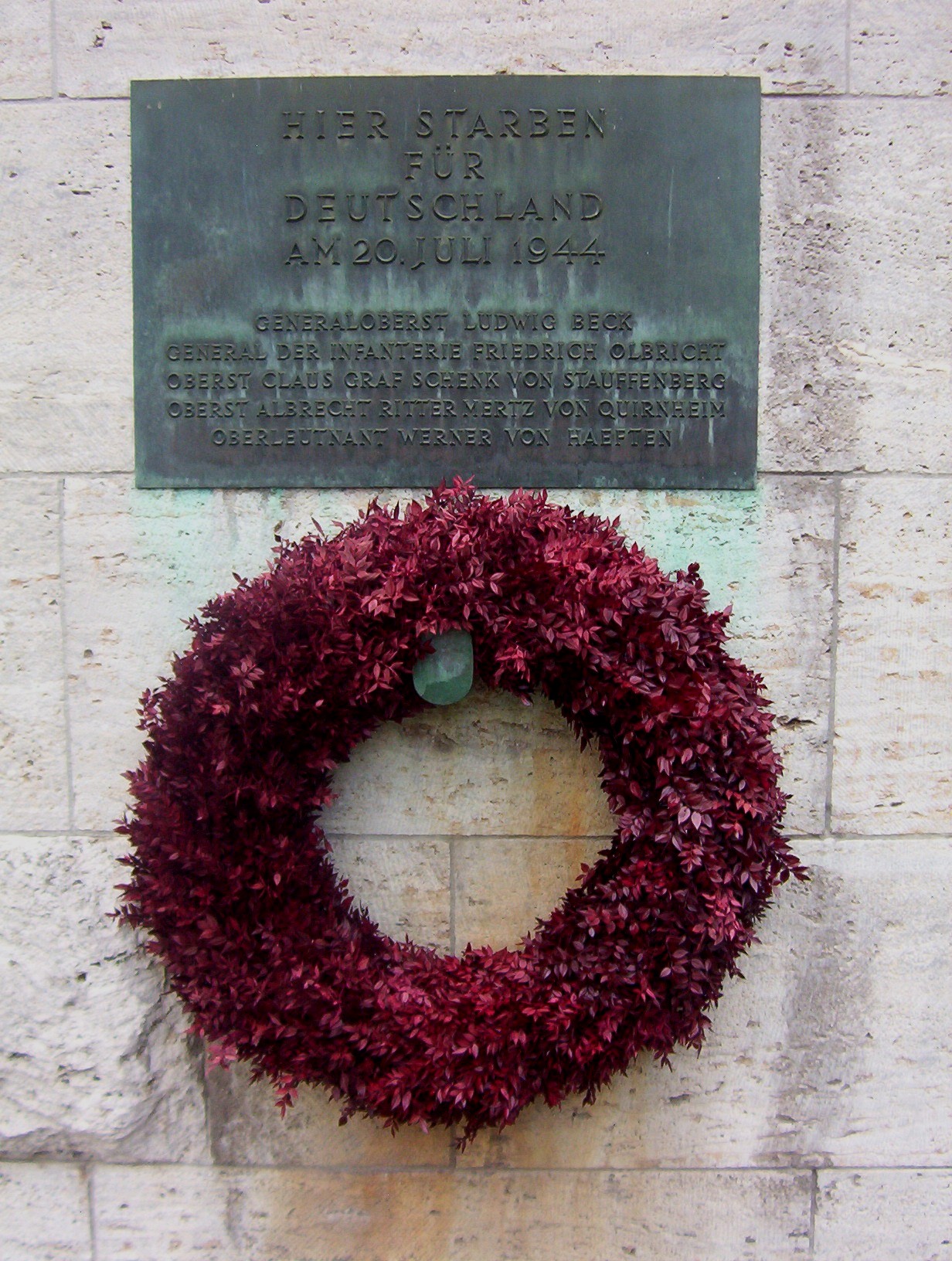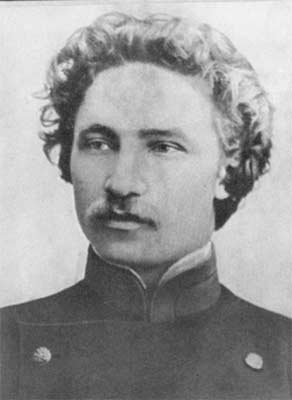|
Walter Bohne
Walter Bohne (9 January 1903 – 5 January 1944) was a German communist and resistance fighter against Nazism. Biography Bohne was born in Burg bei Magdeburg. A shipbuilder by profession, he joined the Young Communist League of Germany (KJVD) in 1921 and the Communist Party of Germany (KPD) shortly afterwards. He moved to Hamburg in 1928 and was active in the Red Sport International. In 1934 he was arrested and sentenced to two years' imprisonment. After his release, Bohne organized a group of communist athletes from 1939 and joined the Bästlein-Jacob-Abshagen Group, an anti-Nazi resistance group, in 1941. He was arrested and imprisoned again in 1942, but managed to escape after the bombing of Hamburg in July 1943. On 5 January 1944, three Gestapo officers tried to arrest Bohne in Hamburg (male), (female) en, Hamburger(s), Hamburgian(s) , timezone1 = Central (CET) , utc_offset1 = +1 , timezone1_DST = Central (CE ... [...More Info...] [...Related Items...] OR: [Wikipedia] [Google] [Baidu] |
Communist
Communism (from Latin la, communis, lit=common, universal, label=none) is a far-left sociopolitical, philosophical, and economic ideology and current within the socialist movement whose goal is the establishment of a communist society, a socioeconomic order centered around common ownership of the means of production, distribution, and exchange which allocates products to everyone in the society.: "One widespread distinction was that socialism socialised production only while communism socialised production and consumption." Communist society also involves the absence of private property, social classes, money, and the state. Communists often seek a voluntary state of self-governance, but disagree on the means to this end. This reflects a distinction between a more libertarian approach of communization, revolutionary spontaneity, and workers' self-management, and a more vanguardist or communist party-driven approach through the development of a constitutional socialist state ... [...More Info...] [...Related Items...] OR: [Wikipedia] [Google] [Baidu] |
Gestapo
The (), abbreviated Gestapo (; ), was the official secret police of Nazi Germany and in German-occupied Europe. The force was created by Hermann Göring in 1933 by combining the various political police agencies of Prussia into one organisation. On 20 April 1934, oversight of the Gestapo passed to the head of the ''Schutzstaffel'' (SS), Heinrich Himmler, who was also appointed Chief of German Police by Hitler in 1936. Instead of being exclusively a Prussian state agency, the Gestapo became a national one as a sub-office of the (SiPo; Security Police). From 27 September 1939, it was administered by the Reich Security Main Office (RSHA). It became known as (Dept) 4 of the RSHA and was considered a sister organisation to the (SD; Security Service). During World War II, the Gestapo played a key role in the Holocaust. After the war ended, the Gestapo was declared a criminal organisation by the International Military Tribunal (IMT) at the Nuremberg trials. History After Adol ... [...More Info...] [...Related Items...] OR: [Wikipedia] [Google] [Baidu] |
Communists In The German Resistance
Communism (from Latin la, communis, lit=common, universal, label=none) is a far-left sociopolitical, philosophical, and economic ideology and current within the socialist movement whose goal is the establishment of a communist society, a socioeconomic order centered around common ownership of the means of production, distribution, and exchange which allocates products to everyone in the society.: "One widespread distinction was that socialism socialised production only while communism socialised production and consumption." Communist society also involves the absence of private property, social classes, money, and the state. Communists often seek a voluntary state of self-governance, but disagree on the means to this end. This reflects a distinction between a more libertarian approach of communization, revolutionary spontaneity, and workers' self-management, and a more vanguardist or communist party-driven approach through the development of a constitutional socialist state f ... [...More Info...] [...Related Items...] OR: [Wikipedia] [Google] [Baidu] |
Communist Party Of Germany Politicians
Communism (from Latin la, communis, lit=common, universal, label=none) is a far-left sociopolitical, philosophical, and economic ideology and current within the socialist movement whose goal is the establishment of a communist society, a socioeconomic order centered around common ownership of the means of production, distribution, and exchange which allocates products to everyone in the society.: "One widespread distinction was that socialism socialised production only while communism socialised production and consumption." Communist society also involves the absence of private property, social classes, money, and the state. Communists often seek a voluntary state of self-governance, but disagree on the means to this end. This reflects a distinction between a more libertarian approach of communization, revolutionary spontaneity, and workers' self-management, and a more vanguardist or communist party-driven approach through the development of a constitutional socialist state ... [...More Info...] [...Related Items...] OR: [Wikipedia] [Google] [Baidu] |
People From Burg Bei Magdeburg
A person ( : people) is a being that has certain capacities or attributes such as reason, morality, consciousness or self-consciousness, and being a part of a culturally established form of social relations such as kinship, ownership of property, or legal responsibility. The defining features of personhood and, consequently, what makes a person count as a person, differ widely among cultures and contexts. In addition to the question of personhood, of what makes a being count as a person to begin with, there are further questions about personal identity and self: both about what makes any particular person that particular person instead of another, and about what makes a person at one time the same person as they were or will be at another time despite any intervening changes. The plural form "people" is often used to refer to an entire nation or ethnic group (as in "a people"), and this was the original meaning of the word; it subsequently acquired its use as a plural form of ... [...More Info...] [...Related Items...] OR: [Wikipedia] [Google] [Baidu] |
1944 Deaths
Events Below, the events of World War II have the "WWII" prefix. January * January 2 – WWII: ** Free France, Free French General Jean de Lattre de Tassigny is appointed to command First Army (France), French Army B, part of the Sixth United States Army Group in North Africa. ** Landing at Saidor: 13,000 US and Australian troops land on Papua New Guinea, in an attempt to cut off a Japanese retreat. * January 8 – WWII: Philippine Commonwealth troops enter the province of Ilocos Sur in northern Luzon and attack Japanese forces. * January 11 ** President of the United States Franklin D. Roosevelt proposes a Second Bill of Rights for social and economic security, in his State of the Union address. ** The Nazi German administration expands Kraków-Płaszów concentration camp into the larger standalone ''Konzentrationslager Plaszow bei Krakau'' in occupied Poland. * January 12 – WWII: Winston Churchill and Charles de Gaulle begin a 2-day conference in Marrakech ... [...More Info...] [...Related Items...] OR: [Wikipedia] [Google] [Baidu] |
1903 Births
Nineteen or 19 may refer to: * 19 (number), the natural number following 18 and preceding 20 * one of the years 19 BC, AD 19, 1919, 2019 Films * ''19'' (film), a 2001 Japanese film * ''Nineteen'' (film), a 1987 science fiction film Music * 19 (band), a Japanese pop music duo Albums * ''19'' (Adele album), 2008 * ''19'', a 2003 album by Alsou * ''19'', a 2006 album by Evan Yo * ''19'', a 2018 album by MHD * ''19'', one half of the double album ''63/19'' by Kool A.D. * ''Number Nineteen'', a 1971 album by American jazz pianist Mal Waldron * ''XIX'' (EP), a 2019 EP by 1the9 Songs * "19" (song), a 1985 song by British musician Paul Hardcastle. * "Nineteen", a song by Bad4Good from the 1992 album '' Refugee'' * "Nineteen", a song by Karma to Burn from the 2001 album ''Almost Heathen''. * "Nineteen" (song), a 2007 song by American singer Billy Ray Cyrus. * "Nineteen", a song by Tegan and Sara from the 2007 album '' The Con''. * "XIX" (song), a 2014 song by Slipknot. ... [...More Info...] [...Related Items...] OR: [Wikipedia] [Google] [Baidu] |
Hamburg
(male), (female) en, Hamburger(s), Hamburgian(s) , timezone1 = Central (CET) , utc_offset1 = +1 , timezone1_DST = Central (CEST) , utc_offset1_DST = +2 , postal_code_type = Postal code(s) , postal_code = 20001–21149, 22001–22769 , area_code_type = Area code(s) , area_code = 040 , registration_plate = , blank_name_sec1 = GRP (nominal) , blank_info_sec1 = €123 billion (2019) , blank1_name_sec1 = GRP per capita , blank1_info_sec1 = €67,000 (2019) , blank1_name_sec2 = HDI (2018) , blank1_info_sec2 = 0.976 · 1st of 16 , iso_code = DE-HH , blank_name_sec2 = NUTS Region , blank_info_sec2 = DE6 , website = , footnotes ... [...More Info...] [...Related Items...] OR: [Wikipedia] [Google] [Baidu] |
Bombing Of Hamburg In World War II
The Allied bombing of Hamburg during World War II included numerous attacks on civilians and civic infrastructure. As a large city and industrial centre, Hamburg's shipyards, U-boat pens, and the Hamburg-Harburg area oil refineries were attacked throughout the war. As part of a sustained campaign of strategic bombing during World War II, the attack during the last week of July 1943, code named Operation Gomorrah, created one of the largest firestorms raised by the Royal Air Force and United States Army Air Forces in World War II, killing an estimated 37,000 civilians and wounding 180,000 more in Hamburg, and virtually destroying most of the city. Hamburg was selected as a target because it was considered particularly susceptible to attack with incendiaries, which, from the experience of the Blitz, were felt to inflict more damage than just high explosive bombs. Hamburg also contained a high number of targets supporting the German war effort and was relatively easy for navigator ... [...More Info...] [...Related Items...] OR: [Wikipedia] [Google] [Baidu] |
German Resistance To Nazism
Many individuals and groups in Germany that were opposed to the Nazi Germany, Nazi regime engaged in active resistance, including assassination attempts on Adolf Hitler, attempts to remove Adolf Hitler from power by assassination or by overthrowing his established regime. German resistance was not recognized as a collective united resistance movement during the height of Nazi Germany, unlike the more coordinated efforts in other countries, such as Italian Resistance, Italy, Denmark, the Soviet partisans, Soviet Union, Polish Underground State, Poland, Greek Resistance, Greece, Yugoslav Partisans, Yugoslavia, French Resistance, France, Dutch resistance, the Netherlands, Resistance in the Protectorate of Bohemia and Moravia, Czechoslovakia and Norwegian resistance movement, Norway. The German resistance consisted of small, isolated groups that were unable to mobilize widespread political opposition. Individual attacks on Nazi authority, sabotage, and the successful disclosure of ... [...More Info...] [...Related Items...] OR: [Wikipedia] [Google] [Baidu] |
Bästlein-Jacob-Abshagen Group
The Bästlein-Jacob-Abshagen Group was a German resistance group that developed around the core members Bernhard Bästlein, Franz Jacob and Robert Abshagen. It fought the National Socialist (Nazi) regime from 1940 till the end of the war in 1945. It consisted of about 300 members in over 30 groups in Hamburg factories, making it the biggest regional Nazi resistance group in the history of Hamburg. History In 1940, Bästlein, Jacob, Abshagen and Gustav Bruhn were released from Sachsenhausen concentration camp. They immediately set about building a Resistance organization after secret meetings with the remnants of various Resistance groups of the Communist Party of Germany and other small groups.Short biography of Bästlein. German Resistance Memorial Center. Retrieved March 22, 2010 [...More Info...] [...Related Items...] OR: [Wikipedia] [Google] [Baidu] |
Red Sport International
The International Association of Red Sports and Gymnastics Associations, commonly known as Red Sport International (RSI) or Sportintern was a Comintern-supported international sports organization established in July 1921. The RSI was established in an effort to form a rival organization to already existing "bourgeois" and social democratic international sporting groups. The RSI was part of a physical culture movement in Soviet Russia linked to the physical training of young people prior to their enlistment in the military. The RSI held 3 summer games and 1 winter games called "Spartakiad" in competition with the Olympic games of the International Olympic Committee before being dissolved in 1937. Organizational history Background The notion of a separate working class national athletic federation emerged first in Germany during the decade of the 1890s, when a Workers Gymnastics Association was established by activists in the socialist movement in opposition to the nationalist G ... [...More Info...] [...Related Items...] OR: [Wikipedia] [Google] [Baidu] |


_1938.jpg)




_1964%2C_MiNr_1015.jpg)
